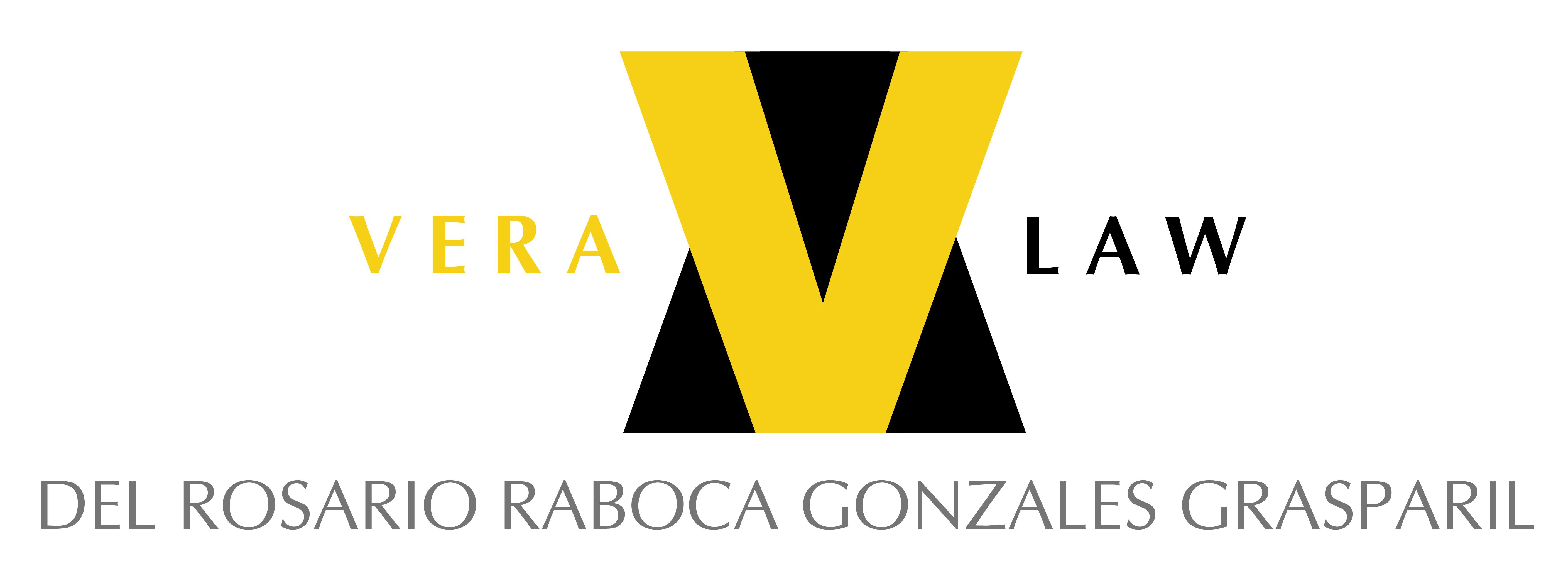The copyright infringement case revolved around the question: “Is FSBPT required to present evidence that it is the owner of a copyright over the NPTE questions purportedly infringed?”
Short answer: “YES
The Federation of State Boards of Physical Therapy (FSBPT), an organization of physical therapy State Boards throughout America, lost an appeal in the Supreme Court (G.R. No. 224157) owing to its failure to submit evidence of the Certificate of Registration showing the actual copyrighted NPTE test questions.
FSBPT administers the National Physical Therapy Examination for Physical Therapists and Physical Therapist Assistants (“NPTE”). FSBPT claimed that it registered its exam forms with the United States Copyright Office since 2002. In the proceedings before the Department of Justice and the Appellate Court, FSBPT insisted that the Affidavit of Copyright Ownership executed by its Vice-President already constitutes prima facie proof of its copyright ownership over the NPTE test questions.
The prosecutors dismissed the copyright infringement complaint due to FSBPT’s failure to present the copyright registration, the copyrighted materials and the alleged infringing materials for comparison in order to show which materials and/or test questions were allegedly infringed.
The Court of Appeals similarly rejected FSBPT’s argument and pointed out that “petitioner is to be reminded that it cannot fault the public respondent for dismissing the complaint for insufficiency of evidence since it has also failed to attach the copyrighted questions which were allegedly infringed. Indeed it would be highly ridiculous to base the filing of the information or complaint on the self-serving allegations of petitioner that its copyrighted questions were infringed without presenting the actual questions for comparison with the review materials of private respondents”.
FSBPT elevated the issue to the High Court which ruled that “petitioner failed to sufficiently show that the Court of Appeals committed any reversible error in the challenged decision and resolution as to warrant the exercise of this Court’s discretionary appellate jurisdiction”.
Still not contented, FSBPT moved that its appeal be heard by the Supreme en banc allegedly because the case presents a novel question of law. In its notice dated 6 February 2017, the Supreme Court finally put to rest the case and denied with finality FSBPT’s motion and warned that “no further pleadings or motions shall be entertained herein”.

